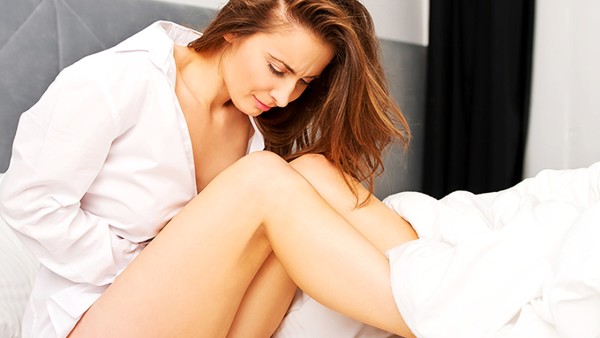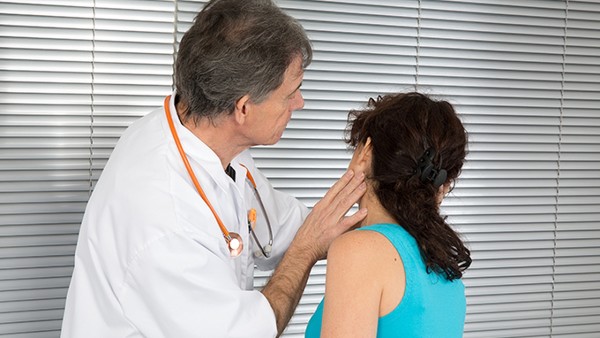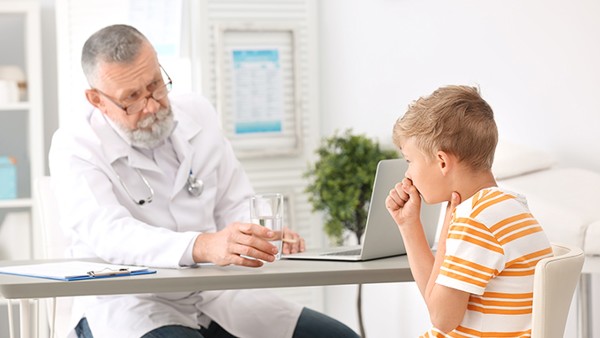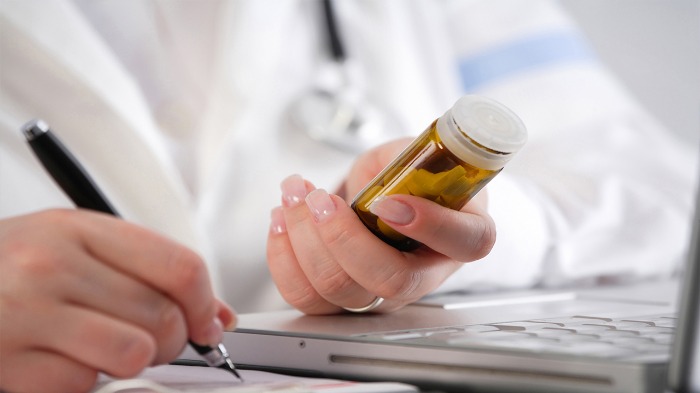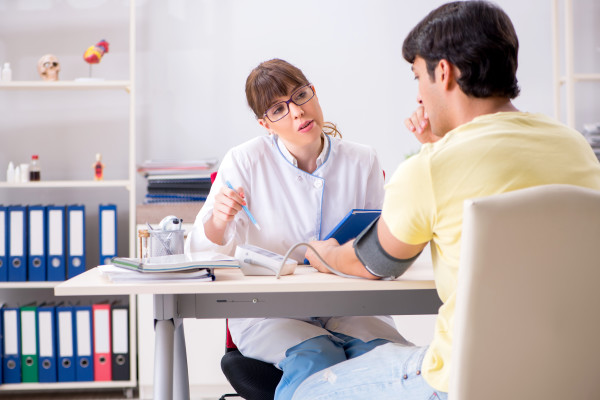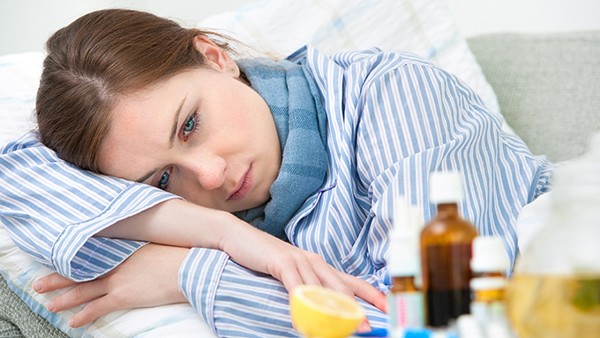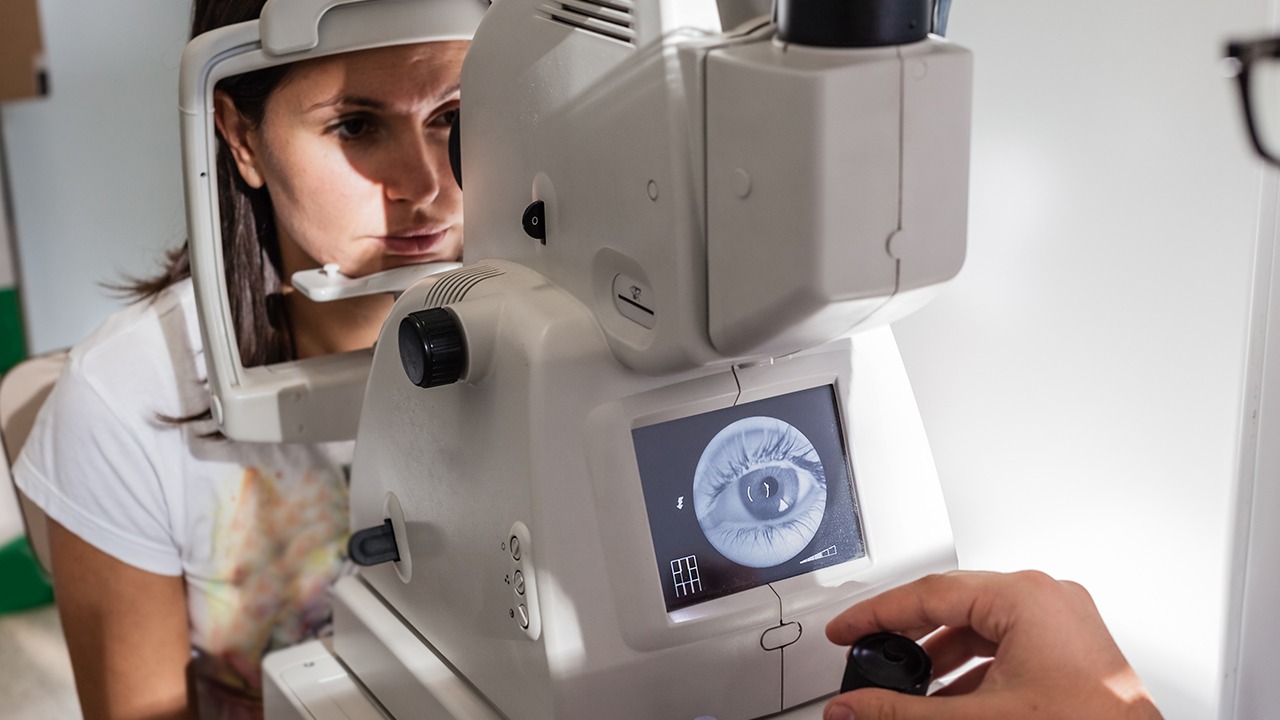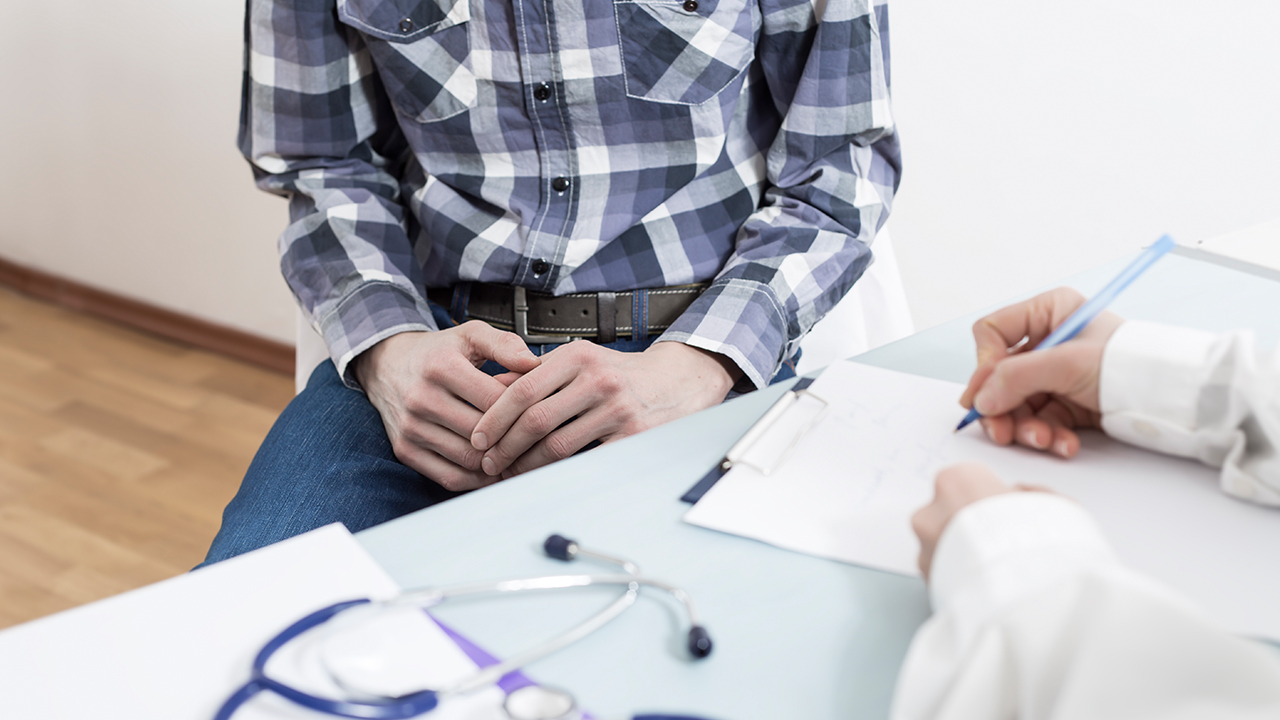Introduction to the 7 Major Causes of Female Vulvar Dryness
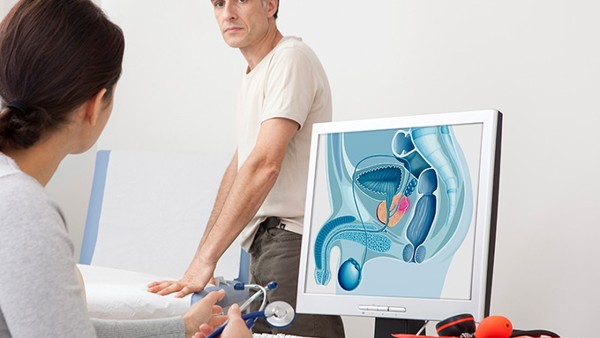
Vulvar dryness is a common condition that can affect women of all ages. It can cause a variety of symptoms, including itching, burning, pain, and discomfort. In some cases, vulvar dryness can also lead to pain during intercourse and increased risk of sexually transmitted infections (STIs).
There are a number of factors that can contribute to vulvar dryness, including:
Menopause: Menopause is a natural process that occurs when a woman's ovaries stop producing eggs. This drop in estrogen levels can lead to thinning of the vaginal walls and a decrease in vaginal lubrication.
Breastfeeding: Breastfeeding can also cause a decrease in estrogen levels, which can lead to vulvar dryness.
Certain medications: Some medications, such as antidepressants, antihistamines, and chemotherapy drugs, can cause vulvar dryness as a side effect.
Medical conditions: Certain medical conditions, such as diabetes, thyroid disease, and lupus, can also cause vulvar dryness.
Skin conditions: Some skin conditions, such as eczema and psoriasis, can also cause vulvar dryness.
Lifestyle factors: Certain lifestyle factors, such as smoking, drinking alcohol, and using harsh soaps, can also contribute to vulvar dryness.
7 Major Causes of Female Vulvar Dryness
1. Menopause: Menopause is the natural decline in estrogen production that occurs as women age. This decline can lead to thinning and drying of the vaginal tissues, which can cause vulvar dryness.
2. Breastfeeding: Breastfeeding can also lead to vulvar dryness, as it can cause a decrease in estrogen levels.
3. Certain medications: Some medications, such as antidepressants, antihistamines, and chemotherapy drugs, can cause vulvar dryness as a side effect.
4. Medical conditions: Certain medical conditions, such as diabetes, thyroid disease, and lupus, can also cause vulvar dryness.
5. Skin conditions: Some skin conditions, such as eczema and psoriasis, can also cause vulvar dryness.
6. Lifestyle factors: Certain lifestyle factors, such as smoking, drinking alcohol, and using harsh soaps, can also contribute to vulvar dryness.
7. Other factors: Other factors that can contribute to vulvar dryness include genetics, diet, and stress.
If you are experiencing vulvar dryness, it is important to talk to your doctor. There are a number of treatments available that can help to relieve symptoms and improve your quality of life.
Treatment options for vulvar dryness include:
Hormone therapy: Hormone therapy can help to increase estrogen levels and reduce symptoms of vulvar dryness.
Moisturizers: Moisturizers can help to soothe and protect the vulvar skin.
Lubricants: Lubricants can help to reduce friction during intercourse and make it more comfortable.
Other treatments: Other treatments for vulvar dryness include electrical stimulation, laser therapy, and surgery.
If you are experiencing vulvar dryness, it is important to talk to your doctor to discuss the best treatment options for you.
The above is all the content that the editor wants to share with you. I sincerely hope that these contents can bring some help to your life and health, and I also wish that your life will be happier and happier.
Topic: #the #major #introduction- • What is the relationship between kidneys and prostate
- • What to do if the umbilical cord wraps around your neck in late pregnancy
- • How to reduce the impact of colds on the fetus during pregnancy
- • The best dietary therapy for neonatal hypoxic-ischemic encephalopathy
- • Detailed explanation of the causes of neonatal hypoxic-ischemic encephalopathy





